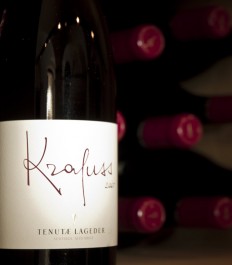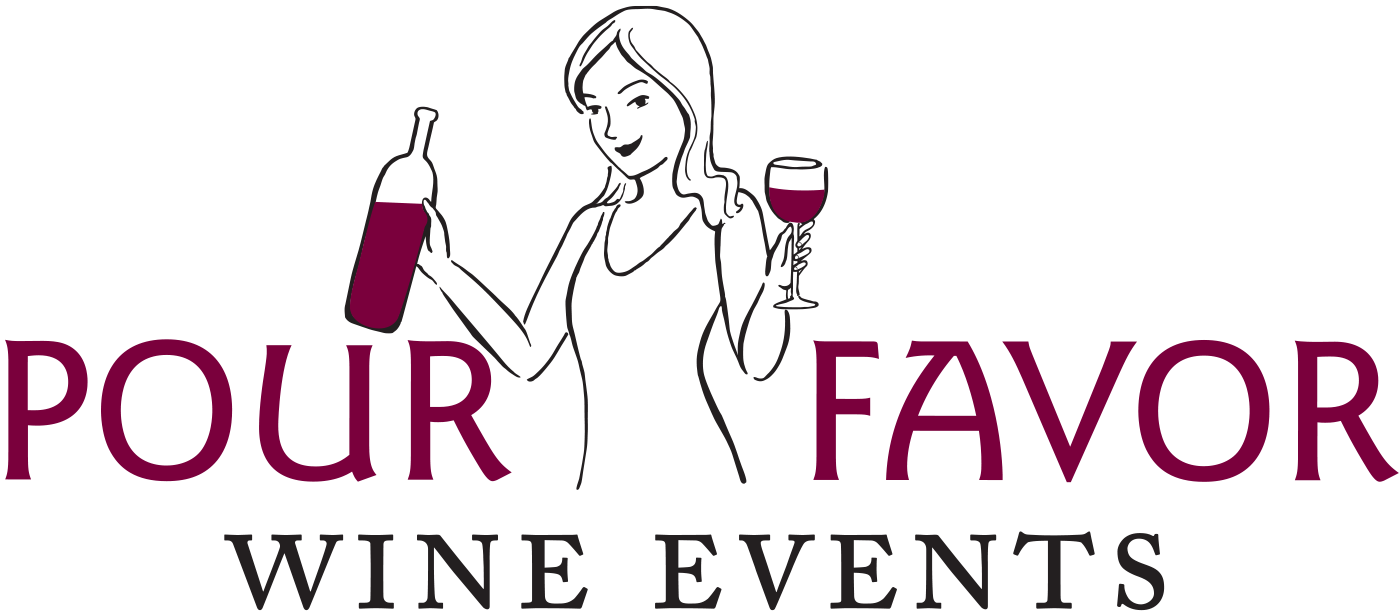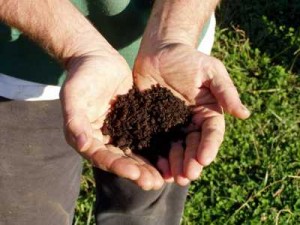 I've never traveled to Italy for the purpose of wine tasting and so have yet to experience the Alto Adige region personally. Perhaps just through tasting wines from this region I believe it to be one of the most romantic places on earth. The area is uniquely situated between the North and the South, benefiting from the cool air of the Alps and the warm Mediterranean sun. Micro-climates and unique soil types abound throughout. It is a situation that is set up for greatness.
A few weeks ago I had the pleasure of joining a few colleagues out to dinner at Upstairs on the Square. My direct colleague and I remember enjoying our respective meals, but really we found ourselves fixated on our wine experience thereafter. And so we did everything we are lucky to be empowered to do: we bought the wine we enjoyed so much and put it on our shelves.
I've never traveled to Italy for the purpose of wine tasting and so have yet to experience the Alto Adige region personally. Perhaps just through tasting wines from this region I believe it to be one of the most romantic places on earth. The area is uniquely situated between the North and the South, benefiting from the cool air of the Alps and the warm Mediterranean sun. Micro-climates and unique soil types abound throughout. It is a situation that is set up for greatness.
A few weeks ago I had the pleasure of joining a few colleagues out to dinner at Upstairs on the Square. My direct colleague and I remember enjoying our respective meals, but really we found ourselves fixated on our wine experience thereafter. And so we did everything we are lucky to be empowered to do: we bought the wine we enjoyed so much and put it on our shelves.
Naturally, as diligent professionals, we hem and haw a bit before we bring in just about any wine. There are only a couple of 'slam dunks' that cross our path every month. And, in the case of our dinner wine, we're talking about a selection that retails for $50. This price point is an entirely different playing field. We have to be WOWed. And wowed we were! The Lageder "Krafuss" Pinot Noir is an exceptional wine, and one that I'm happy to fork over the bigger bucks for with some regularity - well, given the right company or occasion as wines of this caliber should be shared.
Last night I had a really good excuse to open Krafuss once again: my best friend's birthday. He had duck with a prune Port gastrique and I had scallops with black quinoa, prosciutto and a citrus salad. Both worked quite well with the wine, in part because our respective meals complemented different notes in this delightfully complex wine.
Smooth and supple, it delivers a perfumed nose of roses, slightly smoked meats, and a mixture of sweet citrus, ripe cherry, cranberry and mascerated strawberry fruits - and a hint of dried ones as well. The palate translates directly, with a slight accent of orange rind and an underpinning of turned earth coming through as well. It was interesting to see how my meal with the savory prosciutto (smoked meats), citrus salad (orange rind) and black quinoa (turned earth) directed my attention to these notes particularly well in the wine while my friend experienced the dried fruits, including dates, apricots and prunes, in a more pronounced way (prune Port gastrique).
Once again Lageder's Krafuss delivered a true wine experience. It is a wine you keep coming back to, putting your nose in it, tasting it thoroughly as it continues to open and re-deliver happiness. It is one of those rare wines I have no problem pacing myself on, because the experience of it overtime, with food and without, continues to enrapture; I don't want to sacrifice one moment of it!
A few additional fun facts: Lageder has been up to such good for 175+ years. They are wholly committed to letting nature do the hard work, using modern techniques only if they will further impress the flavor of the terroir and grapes in each of their offerings. And whatever your beliefs, this outstanding vin is also organic and biodynamic. It is part of the Tenutae Lageder line, which gathers fruit solely from their own estate.


 After a summer respite of sorts, this Monday we find ourselves concluding the Pour Favor series on eco-friendly wines with a discussion on Biodynamics. It’s the topic that “mindbottles” people the most. But I happen to find it the most fascinating – and so have saved the best for last!
Head on over to
After a summer respite of sorts, this Monday we find ourselves concluding the Pour Favor series on eco-friendly wines with a discussion on Biodynamics. It’s the topic that “mindbottles” people the most. But I happen to find it the most fascinating – and so have saved the best for last!
Head on over to  What is surprising to me is that wine traditions are so often seen as antithetical to science, wrote known wine blogger and enthusiast Dr. Debs of
What is surprising to me is that wine traditions are so often seen as antithetical to science, wrote known wine blogger and enthusiast Dr. Debs of